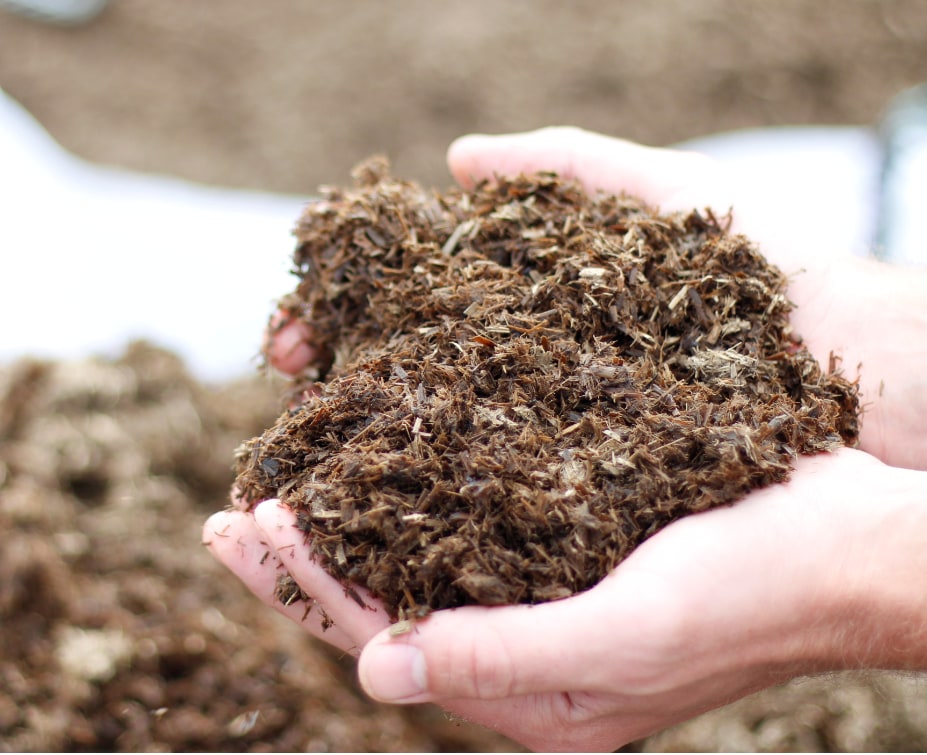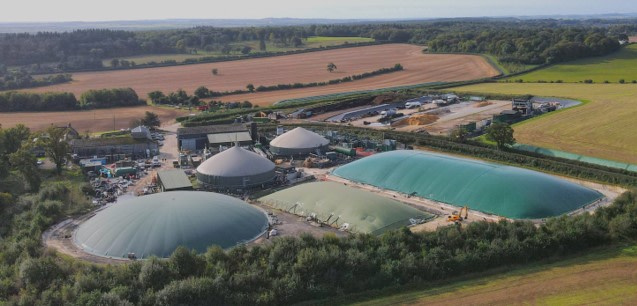What does the ban on peat-based compost mean for gardeners?
The long-awaited ban on sales of peat-based compost will now come into effect for home gardeners in 2030. This legislation is part of efforts to protect peatlands and the natural environment. Peatlands are the UK’s largest carbon store but only about 13% are in a near-natural state.
The ban will primarily affect bagged peat compost, though it’s not explicitly clear whether peat-containing products, such as plants, will also be subject to the 2024 ban. The ban is expected to apply to around two-thirds of peat currently sold in England. However, some uses of peat will remain legal beyond 2024. This indicates a gradual phase-out rather than an immediate full ban on all peat use in horticulture.
The ban aims to address the misuse of peat such as its application as a soil improver instead of a propagation medium. This useage contributes to the release of stored carbon dioxide and exacerbates climate change. The ban follows extensive public consultation, receiving over 5,000 responses. More than 95% were in favour of taking action to ban retail sales of peat.
This legislation means UK gardeners will need to transition to peat-free alternatives for their gardening needs. This transition is supported by organisations like the Royal Horticultural Society. Since 2019 the RHS has already ceased selling peat-based growing media bags and is working to accelerate the transition to peat-free alternatives.
Apsley Farms mulch is a sustainable, peat-free solution to improve your soil
Apsley Farms’ soil improving mulch is 100% peat-free and approved for organic use. Highly effective in improving soil health by adding essential NPK micronutrients and organic matter. A layer of our mulch retains moisture in the soil during dry spells, protects in extreme weather, suppresses weeds and repels slug and snails too.
To use our mulch as a compost, mulch need to be mixed with soil. Ideally 30% mulch and 70% soil. Or you can leave the mulch as a layer on the surface for a month before planting into it. Find out more here

About Apsley Farms

Sustainability and efficiency are at the heart of everything we do at Apsley Farms. We’ve adopted cutting edge technologies and turned low value crops into renewable energy. We focus on a circular economy by returning the nutrients in our digestate products back to the land as a fertiliser.
Our process of generating green gas and other important by-products ticks three important boxes: it displaces natural gas (fossil fuel) in the gas grid to heat people’s homes; it displaces CO2 made by the fertiliser industry, which is essential in the food industry; and it simultaneously generates natural fertiliser in the process!
